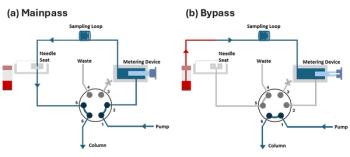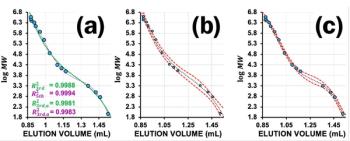
Thermo and NanoPin Announce Collaboration
Thermo Fisher Scientific has announced a collaboration with NanoPin Technologies, Inc. to improve blood-based infectious disease detection technology through the development of highly sensitive LC–MS‑based workflows.
Thermo Fisher Scientific (Waltham, Massachusetts, USA) has announced a collaboration with NanoPin Technologies, Inc. (New Orleans, Louisiana, USA) to improve blood-based infectious disease detection technology through the development of highly sensitive liquid chromatography–mass spectrometry (LC–MS)âbased workflows.
The companies will combine Thermo Fisher’s LC–MS technology with NanoPin’s diagnostic platform to detect disease-related antigens directly from patient blood samples, which will lead to the development of sensitive clinical assays for infectious disease. The overall aim is to reduce diagnosis times and improve the determination of infection stage, as well as monitor patient response to prescribed treatments.
For more information please visit:
Newsletter
Join the global community of analytical scientists who trust LCGC for insights on the latest techniques, trends, and expert solutions in chromatography.




